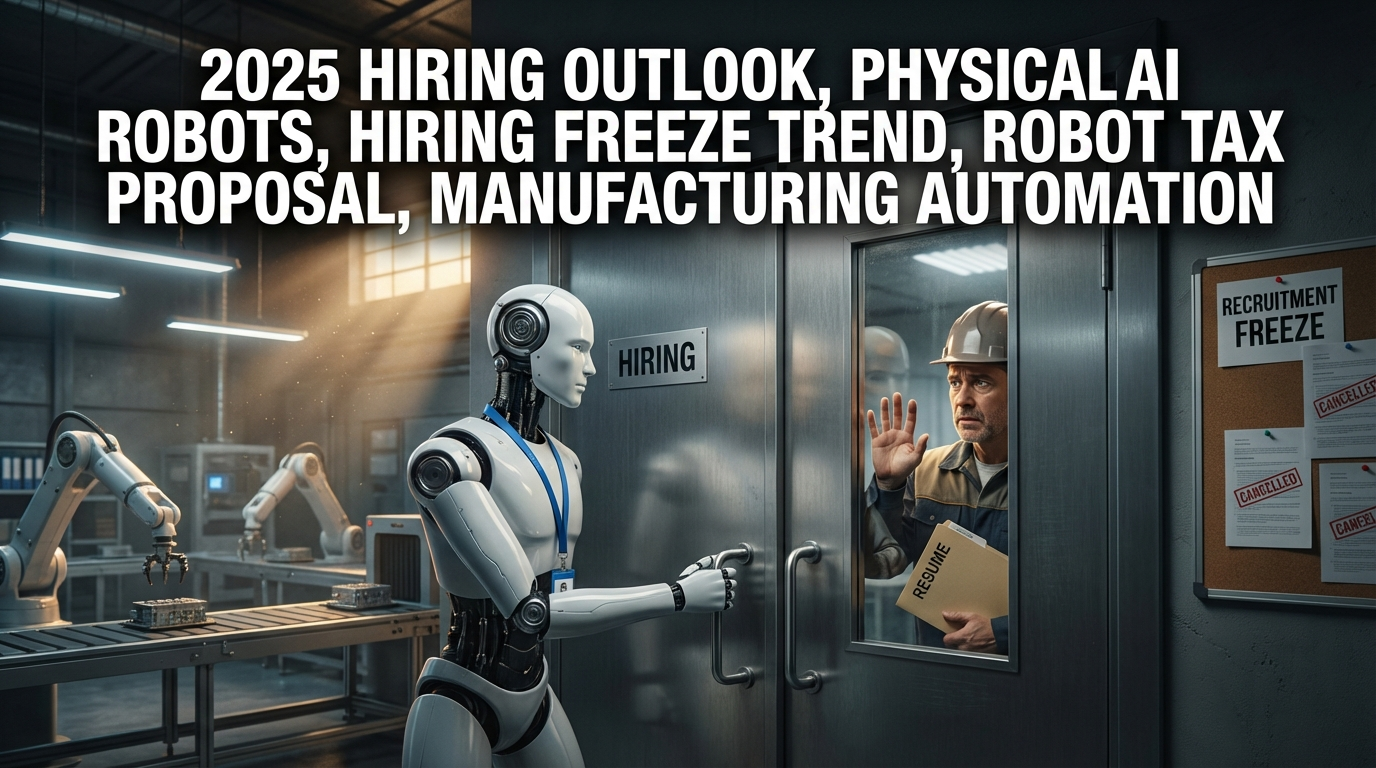1. Volkswagen's Plant Closures and the Current Crisis
Recent events at the Volkswagen Group vividly illustrate the drastic changes and challenges facing the automotive industry. Volkswagen is currently planning to close two plants in Germany and cut approximately 35,000 jobs. The Dresden "Glass Factory" and Osnabrück plant closures are primarily attributed to low productivity and a lack of business planning, with some electric vehicle production potentially being relocated to other factories.
- Why is this important?
The impact on the German labor market and politics, as well as the changes brought about by collaboration with Chinese manufacturers in the European automotive industry, sends a significant signal to the entire sector.
2. Potential for Collaboration with Chinese Companies
Collaboration options with Chinese manufacturers are emerging as a key consideration for Volkswagen. The possibility of partnering with the rapidly growing Chinese electric vehicle brand XPeng, particularly in the electric vehicle sector, has been reported.
-
Analysis of Collaboration Methods
Rather than simply selling its plants, Volkswagen is considering a "Joint Venture" approach to pursue joint projects with Chinese partners. This represents an interesting reversal of the existing collaboration model in China to Europe. China possesses the technology to produce electric vehicles quickly and cheaply, and Volkswagen aims to leverage this to improve production efficiency. -
Advantages and Disadvantages
- Advantages: Acquisition of production technology, avoidance of EU tariffs, increased customer trust.
- Disadvantages: Political backlash in Germany, labor union issues, concerns about brand image impact.
3. New Strategy: Development of Plug-in Hybrids and Extended-Range Electric Vehicles (EREVs)
To expand its market share in the electric vehicle market, Volkswagen is aiming to introduce plug-in hybrid vehicles (PHEVs) and extended-range electric vehicles (EREVs) as a new strategy.
-
What are EREVs?
Extended-range electric vehicles use internal combustion engines solely for battery charging, significantly extending the driving range compared to conventional electric vehicles. For example, BYD models can travel up to 2,000 km without recharging. -
Market Entry and Challenges
Volkswagen aims to target both the Chinese and European markets with this approach, but internal reviews are underway due to potential conflicts with existing strategies. CEO Oliver Blume has presented this technology as an intermediate step to encourage customers to switch to electric vehicles, but a final decision has yet to be made.
4. Potential for Major Restructuring of the Automotive Industry
The automotive market is rapidly changing due to high competition and oversupply. Not just Volkswagen, but global companies are also introducing similar strategic changes.
-
Examples of Major Changes in the Industry
- Honda and Nissan merger discussions: Aiming to strengthen global competitiveness.
- Stellantis and Chinese Leapmotor collaboration: Producing small electric vehicles in a Polish factory.
- Fiat production termination: Closure of major Italian plants due to declining sales.
-
Why is this important?
The global automotive industry has entered a transition period (Combustion → Electric Mobility), and only viable companies are expected to survive.
5. In Conclusion, Volkswagen's Choices and Future Direction
Volkswagen's pursuit of both collaboration with Chinese manufacturers and the adoption of new electric vehicle technologies are both economically and market-driven necessities. However, overcoming challenges related to the German labor market, brand image, and political pressure will be paramount.
- Key Points for Readers
- Understand the rapid pace of change in the automotive industry and keep an eye on new technologies and models.
- Global companies' strategic shifts related to the expansion of the electric vehicle market are linked to sustainability.
- Volkswagen's case serves as a prime example of the automotive transition period and is likely to influence other brands.
SEO Keywords: Volkswagen, electric vehicle market, collaboration with Chinese manufacturers, EREVs, automotive industry restructuring, plug-in hybrids, electric vehicle transition, XPeng.
*Source URL:
https://cleantechnica.com/2025/01/27/volkswagen-considering-a-joint-venture-with-a-chinese-manufacturer-in-germany/



